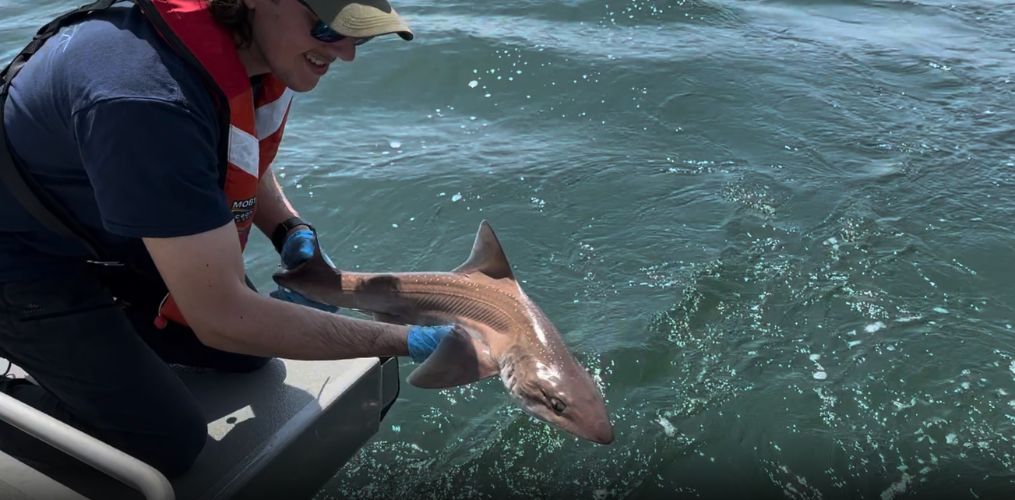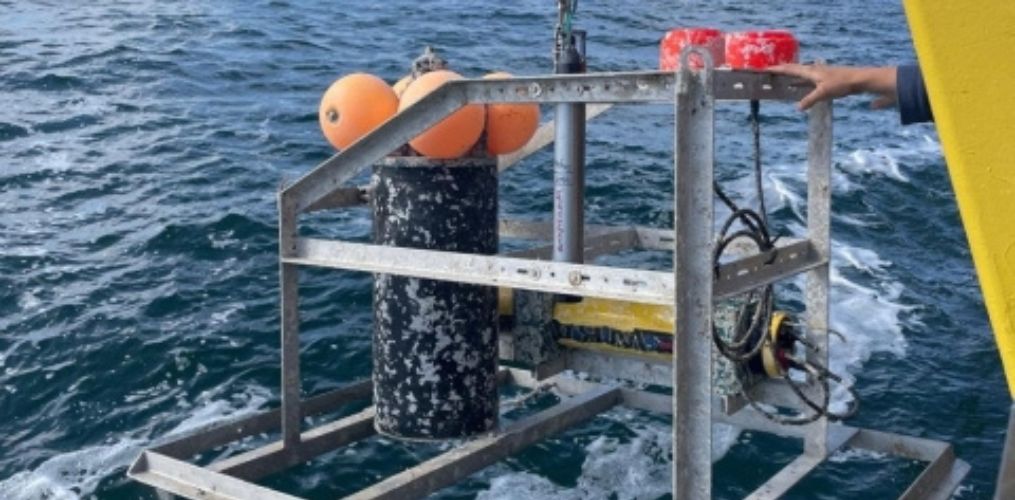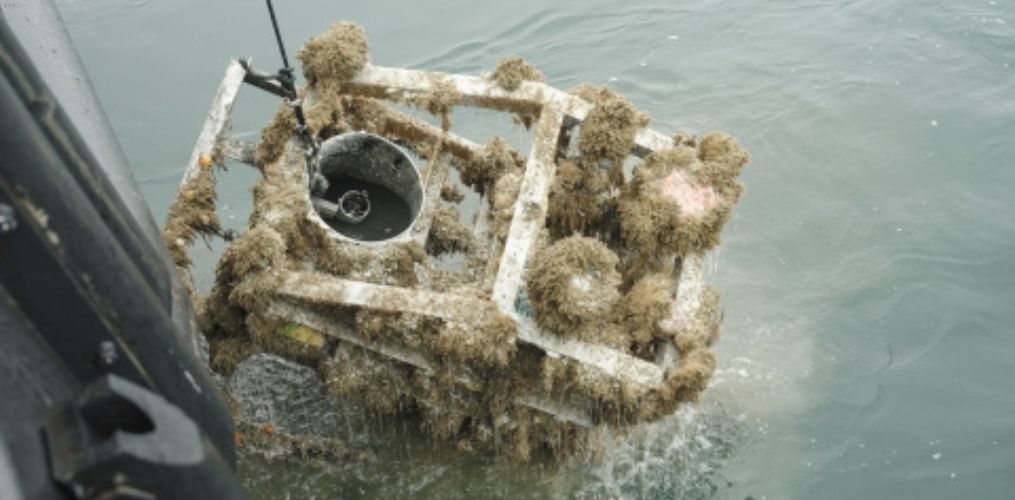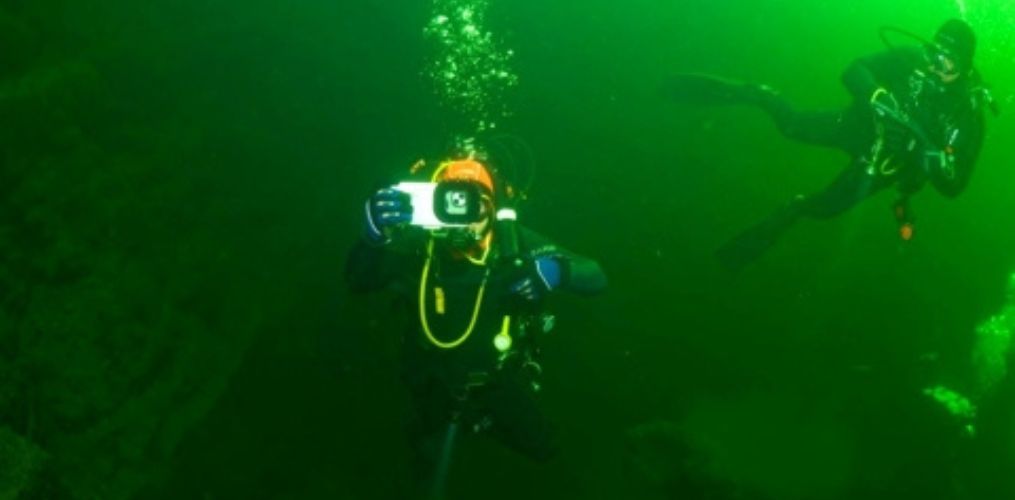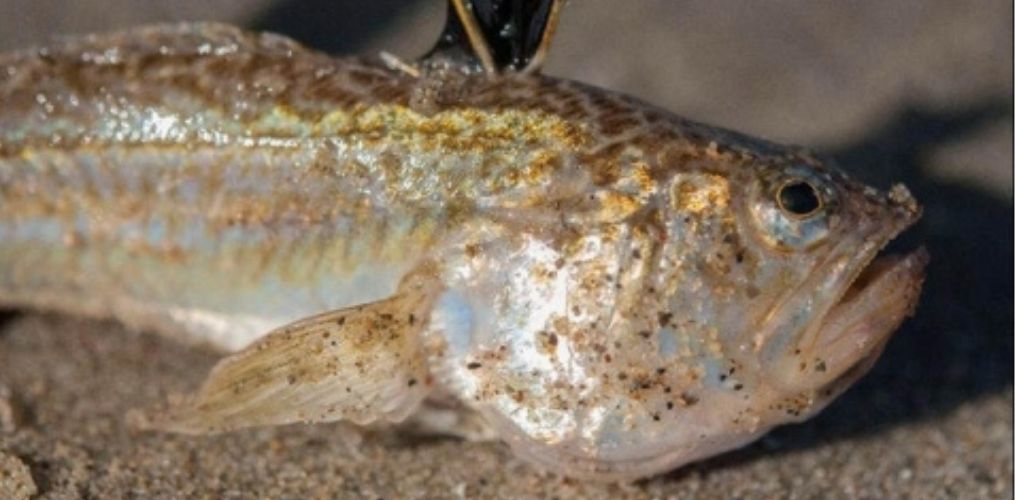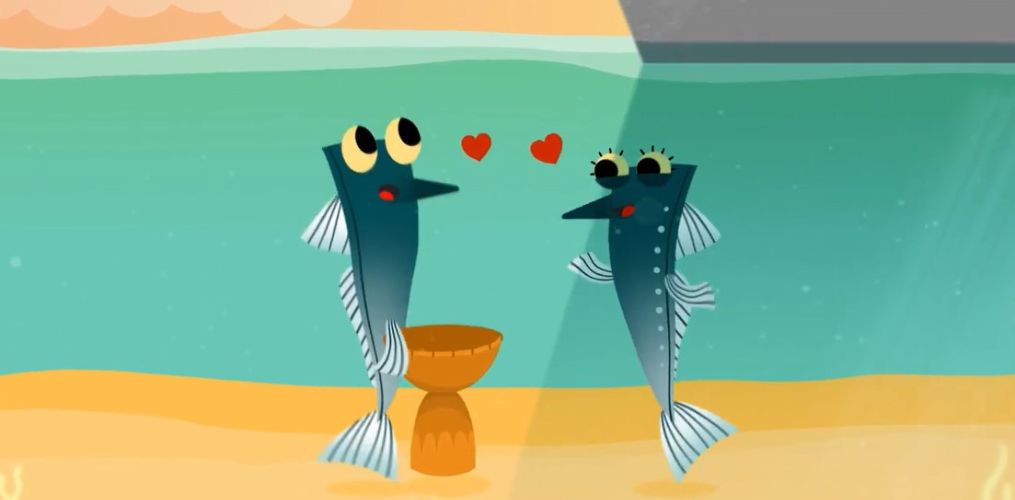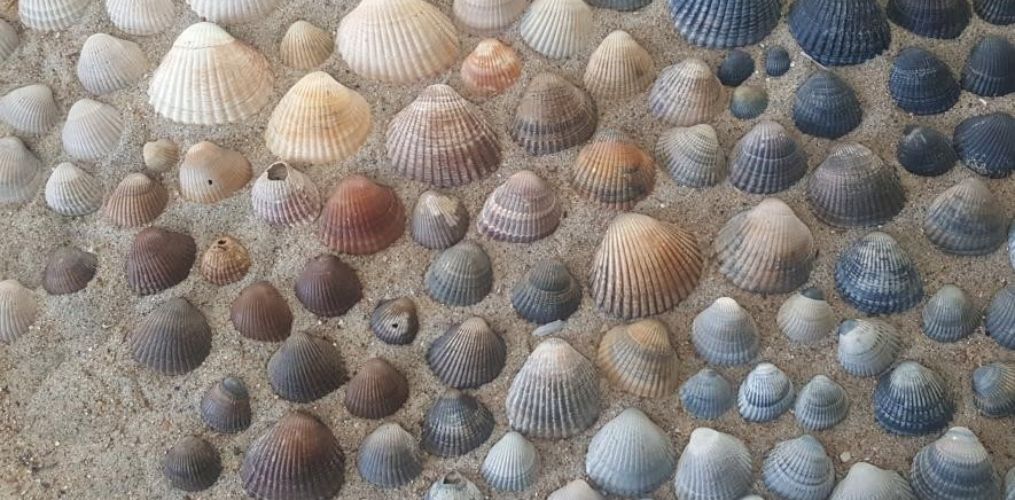WoRMS, the World Register of Marine Species, opens again the nominations for the Top Ten Marine Species of 2025, with the objective to highlight to the wider public the discovery of numerous new marine species made every year, and the crucial job of taxonomists.
In fact, the release of the list coincides with the World Taxonomist Appreciation Day, 19 March.
The 2024 edition winners spanned the tree of life, from worms to isopods to anglerfish (learn more here: https://www.marinespecies.org/worms-top-ten/2024).
This year, nominations will be collected via this online form: https://form.vliz.be/en/form/worms-top-ten-2025-nomination. In order to be eligible for nomination, the species must have been validly published in 2025, and must be marine, fossils included.
Nominations must include the PDF of the paper in which the species was described, and at least one good image of the species, including copyright and ownership information.
If you have a compelling story, a species with rare or unusual morphology, an interesting name, or that holds particular importance for various reasons (e.g., toxic, dangerous, medical, conservation target), don’t hesitate to submit your nomination by 25 January 2026!
You can find more details here: https://www.linkedin.com/pulse/call-nominations-worms-top-ten-marine-trkwe/?trackingId=5CllFojTmxmjIRNMiXujgw%3D%3D

